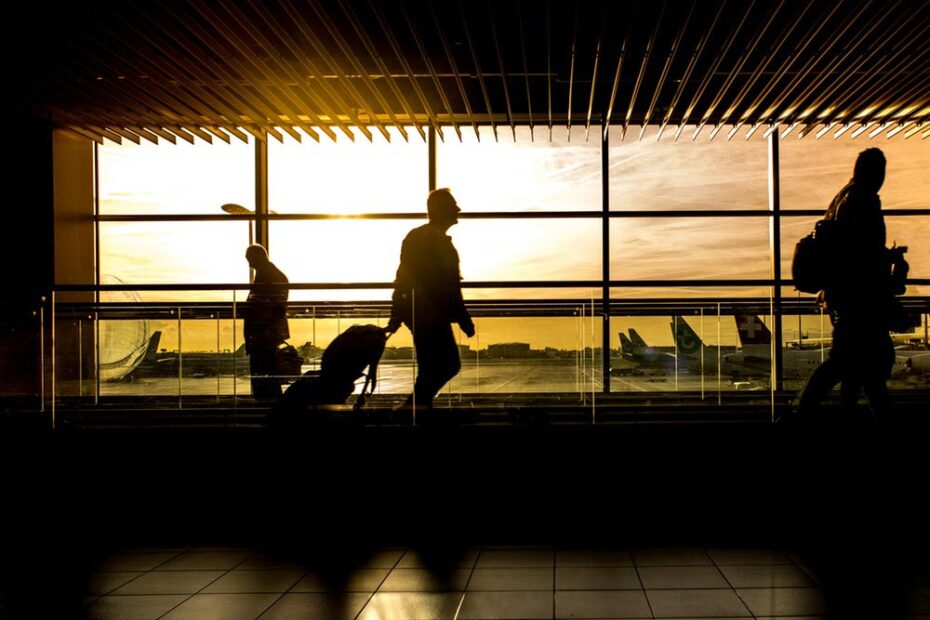There’s a lot to think about before setting off on a foreign holiday. We’ve got to make sure we have our airline tickets, passports, visas and so forth. We’ve got to arrange transport to and from the airport. We’ve got to find someone to look after our homes and pets and then we’ve got to pack.
With all of the anxiety and excitement, the thought of something happening to us while we’re overseas is likely brushed aside. After all, none of us really wants to think about getting hurt while we’re far from home.
But what if something does happen? The prospect of ending up in a foreign hospital or finding a doctor to treat an injury overseas is pretty scary. The good news is that travel insurance, if you have it, may cover the cost of your care and related expenses. The bad news is that if you were hurt in an accident caused by someone else, you may have limited legal recourse while overseas. Depending on the circumstances, however, you may still have legal options in Australia. Here’s what you should know about making a compensation claim in New South Wales.
Do you have a case?
You may be able to seek compensation upon your return to NSW if the overseas accident in which you were injured stemmed from: 1) negligence/carelessness on the part of another individual; or 2) negligence/carelessness on the part of a business.
For example, a foreign hotel may be liable for your injury if it:
- Created the hazard that caused your injury;
- Failed to correct the hazard that caused your injury; or
- Failed to provide adequate warning about the hazard that caused your injury.
In other words, you may be able to pursue a negligence claim against a foreign hotel if you fell off a balcony and suffered injuries because the railing wasn’t installed at the specified height. Or, in another scenario, you may be able to sue the hotel if you tripped on something hazardous and broke your ankle in a poorly lit area. You may also be able to sue if you slipped and fell on the pool deck or in the bathroom due to improper installation of tiling.
Another person in a foreign country may be liable for your injury if he or she engaged in extremely reckless/careless conduct that caused:
- A traffic accident;
- A boating accident; or
- A similar incident in which you were hurt.
Depending on the circumstances, such conduct may include excessive speeding, operating a boat while under the influence of drugs or alcohol, or similar scenarios.
What to do if you are injured overseas
If you are hurt while you are abroad, there are several things you can do to facilitate legal proceedings here. Specifically, you should take the same steps to document the incident as you would if you were hurt in an accident in NSW.
These include taking pictures of the scene and getting the names and contact information of any witnesses. Be sure to keep any hospital and/or doctor’s records as proof of your medical condition and treatment. Be sure to keep copies of your hospital bills, prescriptions and all other expenditure or losses incurred. You should also keep a written record of your injuries and symptoms and how your injury impacted your holiday.
Types of compensation
The type of compensation you can seek depends on your unique situation. In most cases, holidaymakers who are hurt while abroad seek compensation for:
- Injuries;
- Medical expenses; and
- Loss of income, including estimated present and future earnings due to the inability to work because of their injuries.
They can also seek compensation for money lost due to cancelled hotel reservations, flight changes and so on.
A case in point
Not all that long ago, the Supreme Court decided that a case involving two Australians who were injured overseas could be heard in NSW.
In that particular case, the holidaymakers were staying at a hotel in the Republic of the Maldives when they were badly hurt in a boating accident. They initiated legal proceedings when they returned to Australia, but the defendants argued that the case shouldn’t be heard here.
The Supreme Court disagreed, holding that:
- Australian courts can acquire evidence from witnesses by AV facilities;
- Having the case heard in the Republic of the Maldives would be highly impractical;
- There was ample evidence from qualified mental health professionals that returning to the Maldives would have an adverse effect on the injured parties;
- The company operating the hotel should have expected that 1) any injured guests would seek medical treatment in their own country; and 2) that any injured guests would also pursue legal action in their own country.
If you were injured overseas and you are considering a negligence claim against the responsible party, BPC Lawyers can help. Contact our personal injury lawyers today on (02) 8280 6900 or by email at info@bpclaw.com.au
